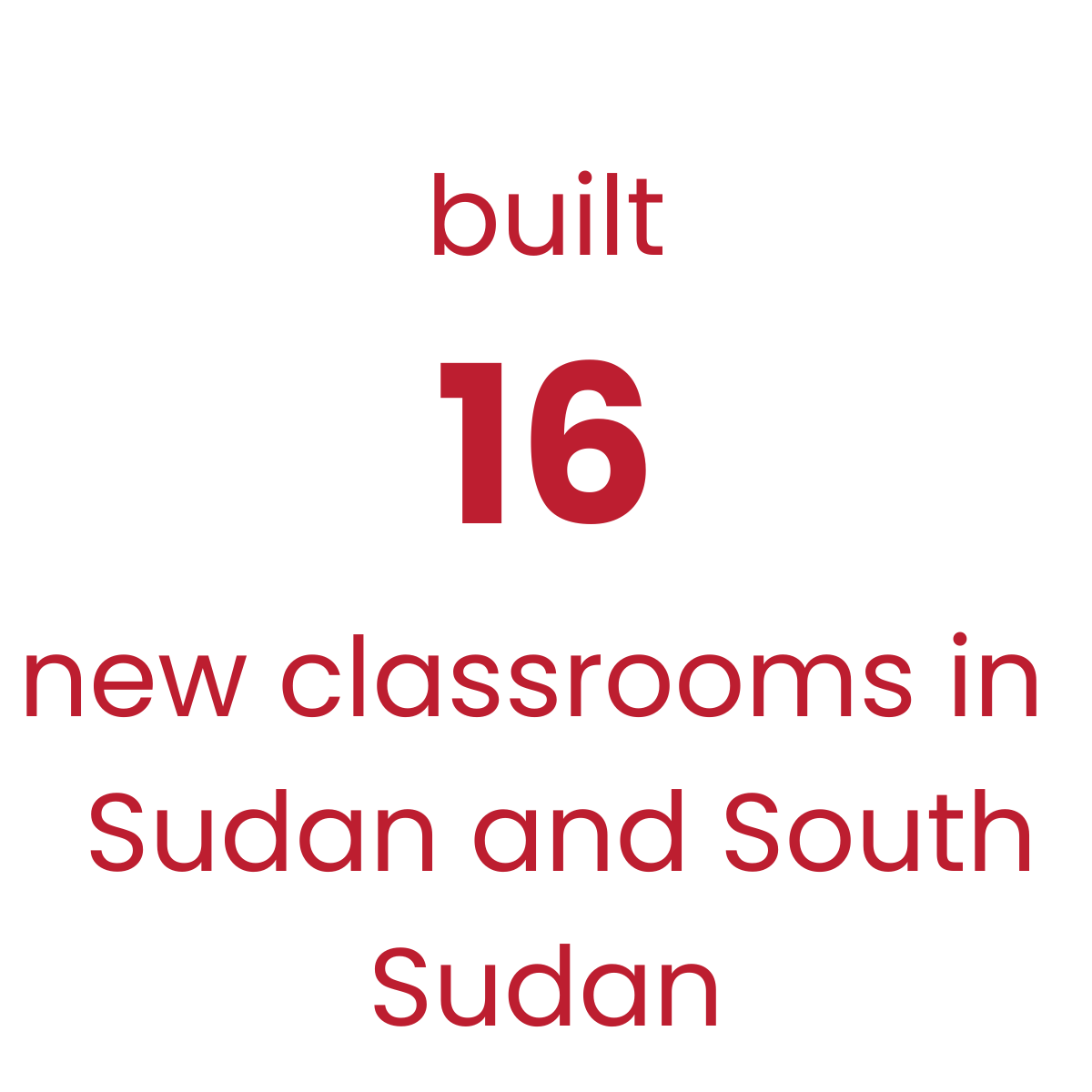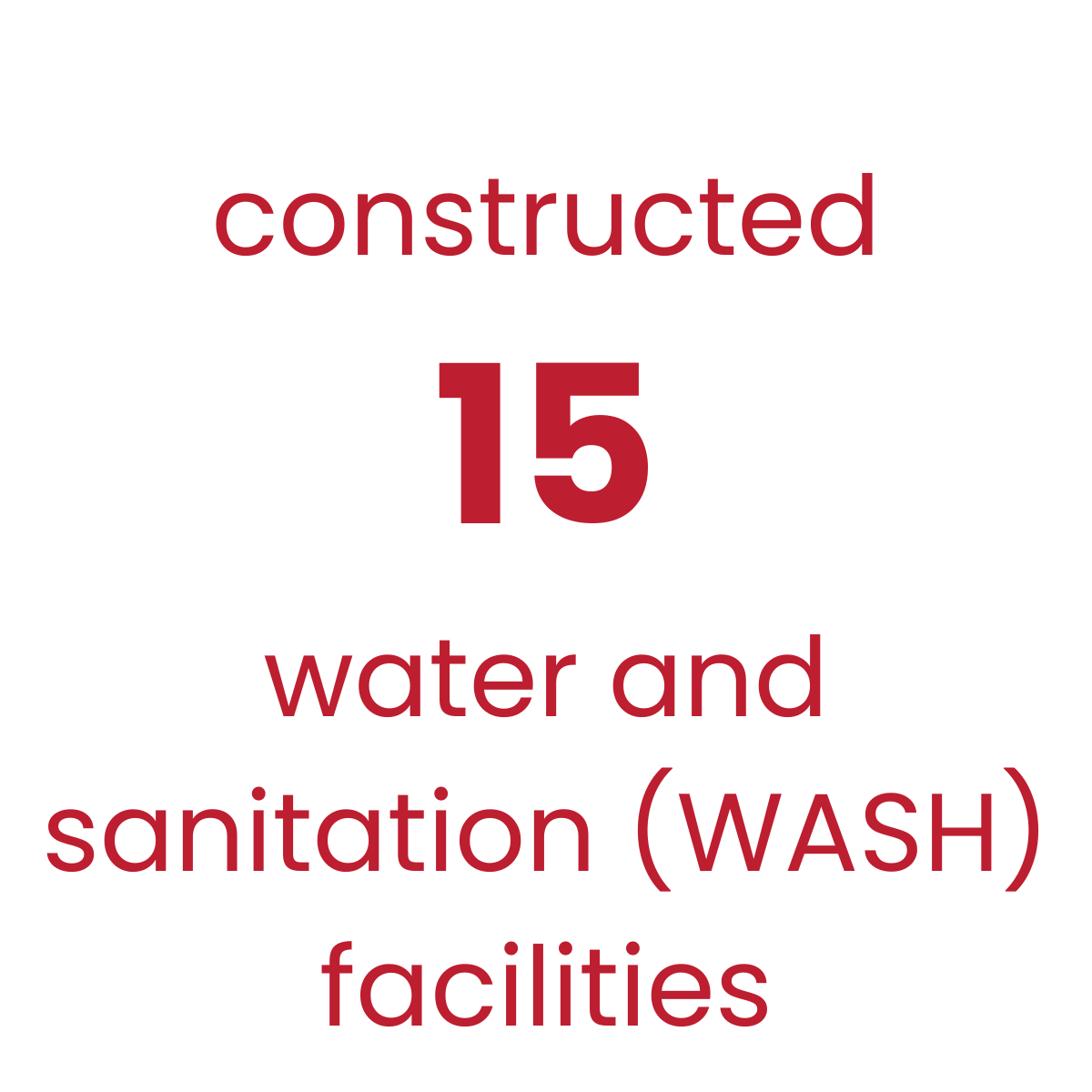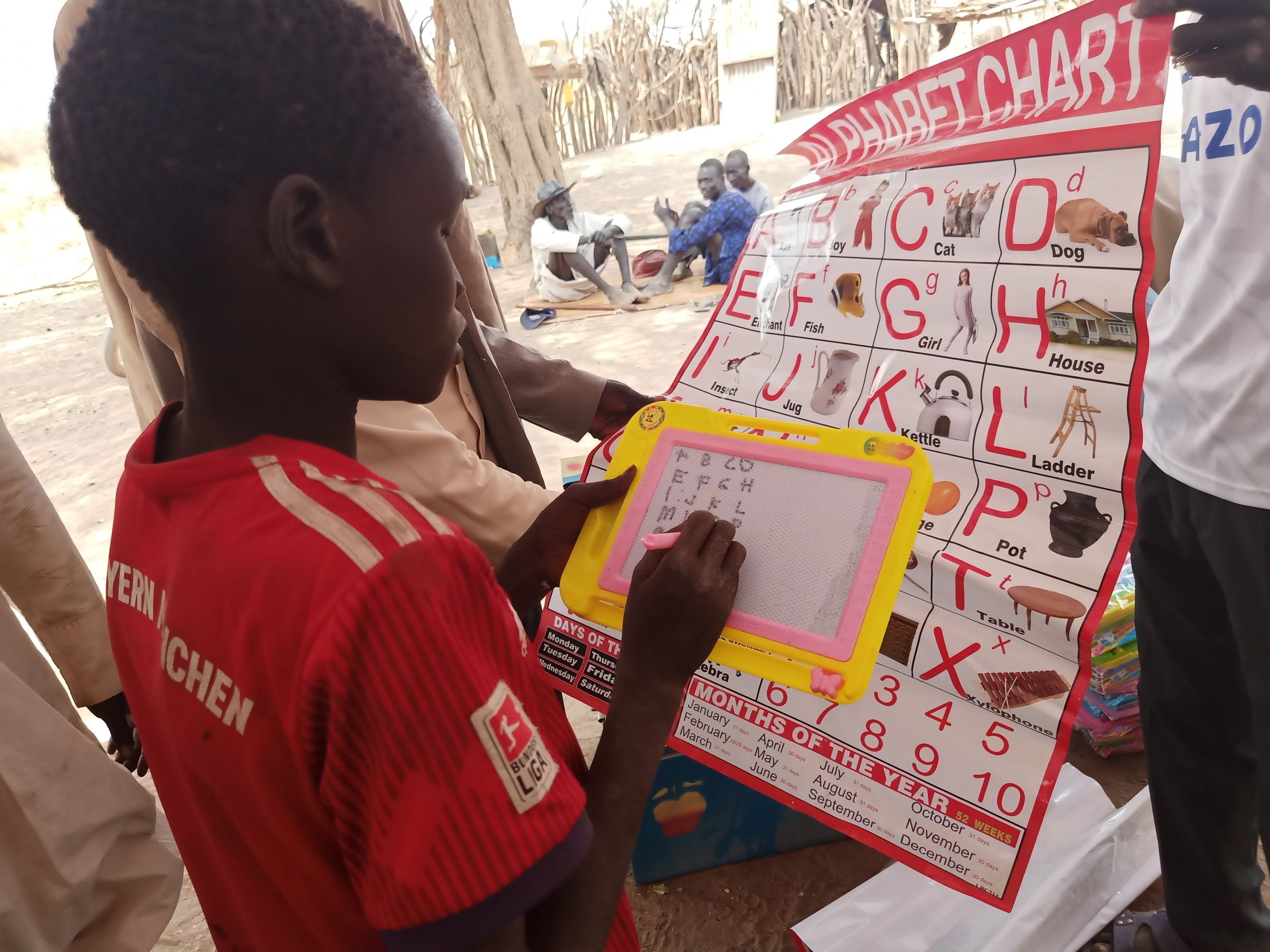Education in emergencies
Conflict often destroys the right to education - and in doing so, increases the likelihood of vulnerability and poverty.
We work closely with governments and UNHCR to provide education to children and young people in emergency situations.
The scale of the devastating effect of conflict on education is too little recognised. As people are displaced from their homes and their land, they are forced to flee to distant towns, to camps for internally displaced or to neighbouring countries, where they may spend years in refugee camps.
They may be kept alive through the emergency provision of food and water, but children often miss out on education. Just 1-2% of humanitarian aid is spent on keeping displaced children in school, resulting in education becoming one of the first casualties of war.
Without education, social divisions are created or allowed to continue. Development cannot take place, and inequality thrives. In emergency situations, the focus is rightly on making sure people who have been displaced have the most basic means of survival - food, water, shelter. But too often, the fundamental right to education is ignored or forgotten.
How education is forgotten in emergencies
When conflict rips communities and countries apart, it is not just those in the frontline who suffer.
As public expenditure is diverted to the cost of war, so spending on education across the nation is squeezed.
This is worsened as external donors review their budgets and staffing levels in countries where insecurity is pervasive. Spending on education may be reduced, compounding the cuts in national spending. The consequence is that a country’s entire education system is weakened.
Access to education is constrained and quality is eroded, even for children who live far from the front line.
In 2024, we:
Working with governments & agencies to act fast
When conflict interrupts education, to increases the likelihood of chronic vulnerability and poverty, creates or perpetuates social divisions, contributes to increased inequality and impedes development.
In both Sudan and South Sudan, there are thousands of internally displaced persons (IDPs) due to many years of conflict and natural disasters - such as flooding and drought. In addition, both countries are themselves hosts of thousands of refugees from across the Eastern Africa region.
Our programmes are part of the emergency response to conflict, ensuring education continues for as many children as possible.






